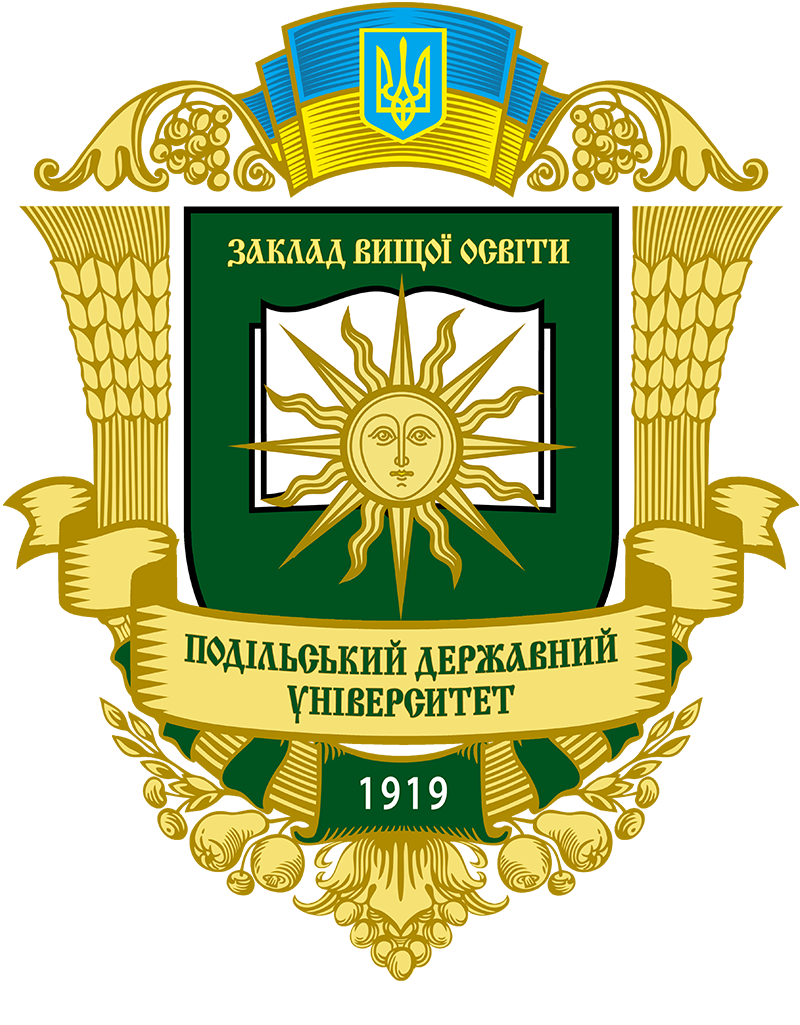MODERN METHODS OF MASTERING READING SKILLS
DOI:
https://doi.org/10.37406/2521-6449/2024-2-12Keywords:
EFL, reading skills, modern methods for teaching reading, educational technologyAbstract
The paper outlines a variety of modern methods for teaching reading in English lessons, showcasing both traditional approaches and innovative techniques grounded in contemporary educational practices. The article aims to provide a comprehensive overview of modern and traditional methods for teaching reading in English as a foreign language (EFL). It seeks to demonstrate how educators can integrate both established pedagogical approaches and contemporary interactive strategies to enhance reading instruction. The paper also aims to offer practical, classroom-tested insights that educators can apply in real-world teaching settings, with a focus on balancing innovative technologies and traditional teaching methods. The paper attempts to bridge traditional methods (e.g., phonetic and whole-word methods) with modern interactive strategies. This hybrid approach underscores the necessity of combining tried-and-true pedagogical methods with innovative technologies, but it doesn’t introduce a radically new concept or theory of teaching. This is a common approach in current educational research, where integrating multiple methods has been widely recognized as beneficial. The paper’s emphasis on practical, classroom-tested strategies enhances its relevance and applicability. It is not purely theoretical but grounded in practical pedagogical scenarios, making it scientifically valuable for practitioners who want to adopt or adapt these methods in real-world teaching situations. The paper provides a solid overview of modern and traditional methods for teaching reading in English, making it valuable as a practical guide for educators. While it demonstrates some novelty in its integration of technologies and holistic methods, it doesn't introduce groundbreaking theories or innovative research. The scientific value could be enhanced with empirical evidence and exploration of emerging technological trends, but it still offers significant practical insights for applying these methods in educational settings.
References
Валуєва І. В. Формування готовності майбутнього вчителя початкових класів до навчання читання. URL: http://ekhsuir.kspu.edu/xmlui/handle/123456789/1984
Гончарук С. К. Вивчення англійської мови: проблеми й пошуки їх розв’язання. Англійська мова та література. 2012. № 22–23. С. 2–5.
Гуманкова О. С. Диференційований підхід у навчанні на уроках іноземної мови в початковій школі. Харків : Видавнича група «Основа», 2009. 138 с.
Друзь З. В. Виховні технології в сучасній школі. Кривий Ріг : КДПУ, 2008. 256 с.
Звєрєва І. Д. Розробка та впроваджeння програми з навчання життєвим навичкам: міжнародні та вітчизняні підходи. Практична та cоціальна робота. 2007. № 4. C. 53–60.
Євтух М. Б., Сердюк О. П. Соціальна педагогика : підручник. 2-е видання. Київ : МАУП, 2010. 257 с.
Brewster J., Ellis G., Girard D. The primary English teacher's guide. Harlow : Penguin Books, 2004. 146 p.
Cкрипчeнко О. В., Долинcька Л. В., Огороднійчук З. В. Вікова та пeдагогічна пcихологія. Київ : Проcвіта, 2011. C. 347–391.
Титарeнко Т. М. Cучаcна пcихологія оcобиcтоcті. Київ, 2009. 232 c.








